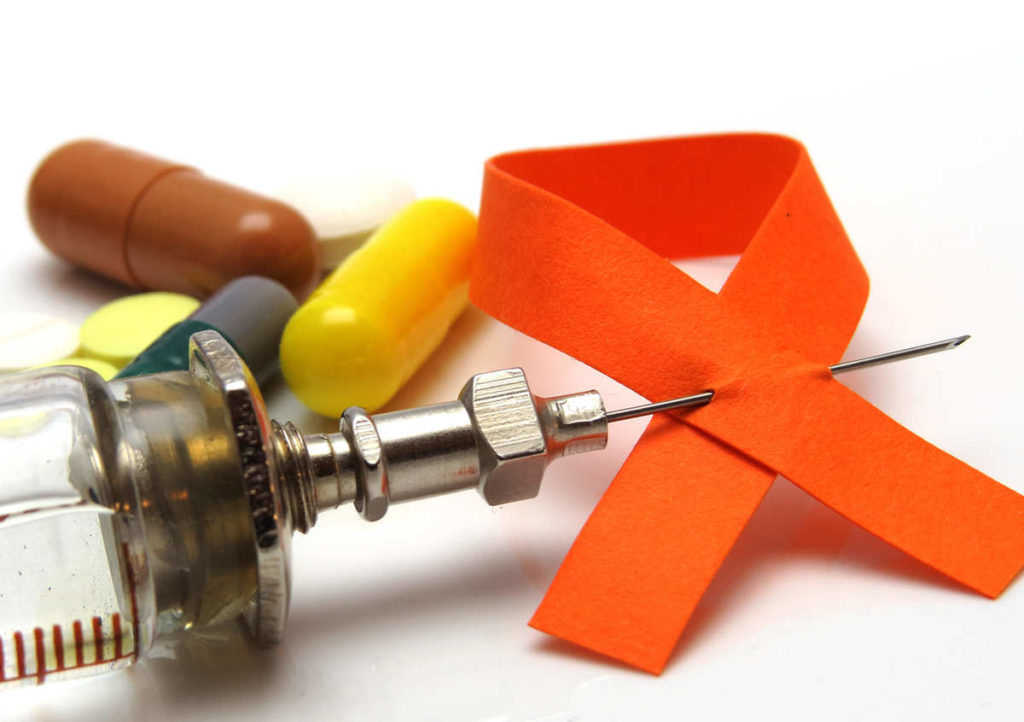
HIV Prevention
Stay Safe
The best way to protect yourself and others from HIV is to practice safe behaviors. Safe is the way to play.
You can play safe by:
- If you have vaginal or anal sex always use a condom because the best way to guard against HIV and prevent STIs are condoms.
- Always use sterile injecting equipment.
- You may be able to prevent HIV infection if you have been exposed within the past 72 hours by using post-exposure prophylaxis (PEP) if you suspect that you’ve been recently exposed to HIV.
- An HIV diagnosis earlier was a death sentence, but it still has lifelong consequences that vary from person to person. Transmission often occurs when people are not aware they have HIV. You may not know you have HIV, also your partner may not know they either, the only way to know is to have an HIV test. Even though you may not show any signs, you are most infectious soon after getting HIV.
Who should get tested?
For everyone between the ages of 13 and 64 years old, it is recommended to be tested at least once in a lifetime. You should get tested regularly if you have sex with multiple partners, inject drugs or have unprotected sex.
Testing is easier and faster than ever before and it’s confidential. If you do have HIV, the earlier you know your status and the quicker you see a doctor, the better your chances are of healthier life and living a longer.

By continued safe behaviors and advances in treatment, combined with testing more we now have the means to virtually eliminate the transmission of HIV by 2020. Together we can make it happen.
If you are pregnant or thinking about pregnancy
If you are pregnant, it is important that you consider getting an HIV test, and speak to your midwife or other health professional.
HIV testing options
You once had to go to a hospital, doctor’s office or community health center to get tested for AIDS. Now there are options for taking an HIV test in the privacy of your own home.
In addition to a conventional blood test, a rapid test is now available which give you a test result within 30 minutes. One of the tests involves blood from a finger prick, the other collects oral fluids.
Your health outcome can improve early diagnosis and treatment, so if you think you or your partners have been at risk of HIV infection, you can have a test through sexual health clinic or your local doctor.
Remember that your previous partners may be at risk if you have HIV. The best thing you can do, as soon as possible, is to let them know so they can get tested.
Treat Early
Your health outcomes can improve quick diagnosis and treatment also they can dramatically reduce the risk of passing on HIV. Treatment is now simpler than ever with fewer side effects.
Treatment is not a cure. While treatment reduces the risk of passing HIV on to someone else, you still need to be safe, use sterile injecting equipment and use condoms.
